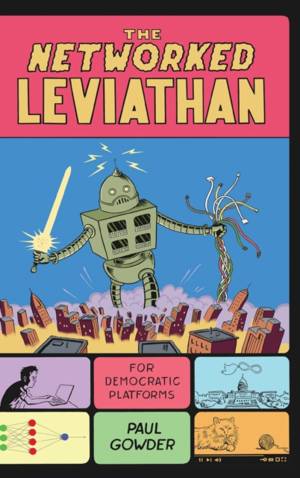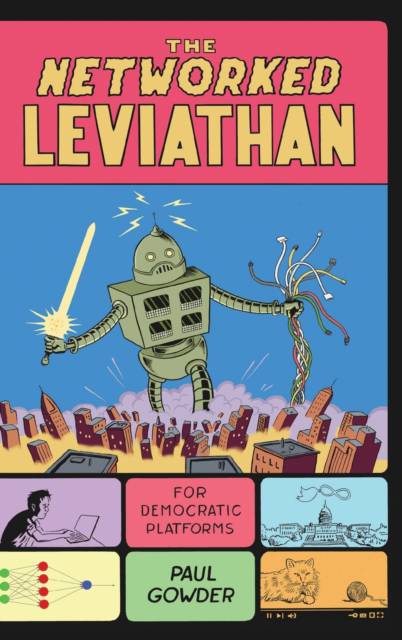
Bedankt voor het vertrouwen het afgelopen jaar! Om jou te bedanken bieden we GRATIS verzending (in België) aan op alles gedurende de hele maand januari.
- Afhalen na 1 uur in een winkel met voorraad
- In januari gratis thuislevering in België
- Ruim aanbod met 7 miljoen producten
Bedankt voor het vertrouwen het afgelopen jaar! Om jou te bedanken bieden we GRATIS verzending (in België) aan op alles gedurende de hele maand januari.
- Afhalen na 1 uur in een winkel met voorraad
- In januari gratis thuislevering in België
- Ruim aanbod met 7 miljoen producten
Zoeken
€ 151,45
+ 302 punten
Uitvoering
Omschrijving
Governments and consumers expect internet platform companies to regulate their users to prevent fraud, stop misinformation, and avoid violence. Yet, so far, they've failed to do so. The inability of platforms like Facebook, Google, and Amazon to govern their users has led to stolen elections, refused vaccines, counterfeit N95s in a pandemic, and even genocide. Such failures stem from these companies' inability to manage the complexity of their userbases, products, and their own incentives under the eyes of internal and external constituencies. The Networked Leviathan argues that countries should adapt the institutional tools developed in political science to democratize the major platforms. Democratic institutions allow knowledgeable actors to freely share and apply their understanding of the problems they face while leaders more readily recruit third parties to help manage their decision-making capacity. This book is also available Open Access on Cambridge Core. For more information, visit https: //networked-leviathan.com.
Specificaties
Betrokkenen
- Auteur(s):
- Uitgeverij:
Inhoud
- Aantal bladzijden:
- 256
- Taal:
- Engels
Eigenschappen
- Productcode (EAN):
- 9781108838627
- Verschijningsdatum:
- 3/08/2023
- Uitvoering:
- Hardcover
- Formaat:
- Genaaid
- Afmetingen:
- 152 mm x 229 mm
- Gewicht:
- 544 g

Alleen bij Standaard Boekhandel
+ 302 punten op je klantenkaart van Standaard Boekhandel
Beoordelingen
We publiceren alleen reviews die voldoen aan de voorwaarden voor reviews. Bekijk onze voorwaarden voor reviews.









